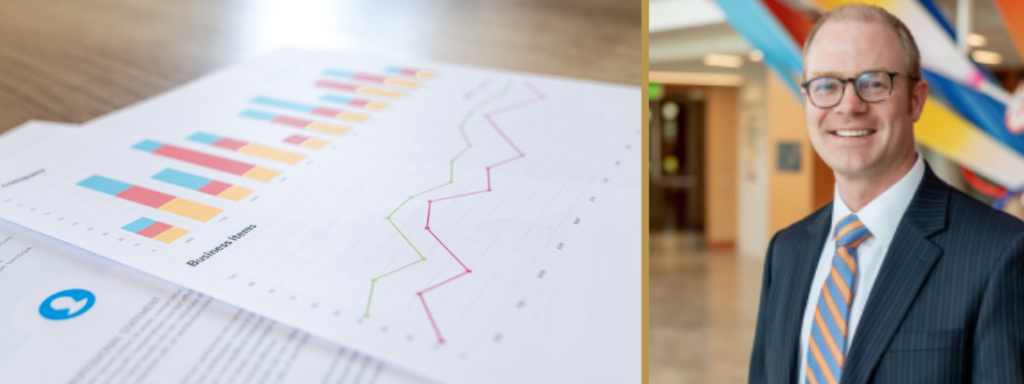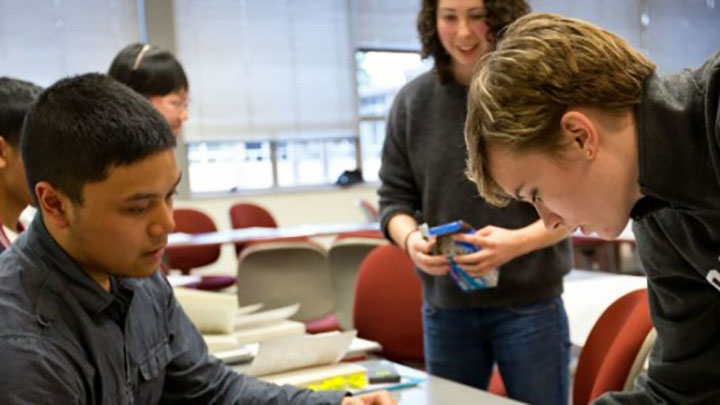Page 2 • (2,253 results in 0.017 seconds)
-
The Intercultural Development Inventory is a 50-item questionnaire available online that can be completed in 15–20 minutes with complete confidentiality.
Intercultural Development Inventory® Is this program right for your organization? The Intercultural Development Inventory assesses intercultural competence—the capability to shift cultural perspective and appropriately adapt behavior to cultural differences and commonalities. Email the program manager to find out more The Intercultural Development Inventory is a 50-item questionnaire available online that can be completed in 15–20 minutes with complete confidentiality. PLU’s Qualified
-
Partnerships and Professional Development (PPD) is a department within the School of Education focusing on professional development and continuing education for in-service teachers and
Partnerships and Professional Development (PPD)Partnerships and Professional Development (PPD) is a department within the School of Education focusing on professional development and continuing education for in-service teachers and administrators. Our mission, goals and participant outcomes are listed below.Mission:Pacific Lutheran University (PLU) seeks to educate students for lives of thoughtful inquiry, service, leadership and care— for other people, for their communities and for the
-
The Robert A.L. Mortvedt Library’s collection policy guides the Pacific Lutheran University librarians’ collective selection, maintenance, and deselection decisions regarding the library
regular review. Among its objectives are consistency in sustaining the library collection over time, adaptability to changes in content, format, and financial support, and transparency in communicating to the university how collection development decisions are made.ScopeThe library collection constitutes physical materials, including but not limited to books and physical media, realia, and other resources, and also electronic materials held in our collection via outright ownership or access license
-
The success of the Wild Hope Center for Vocation is due, in large part, to the work of faculty mentors who engage students with questions of meaning and purpose—in the classroom, in casual
some aspect of Lutheran tradition; noted statements on formation of a sense of vocation, including vocation in teaching; analyses of students’ development of a sense of vocation; and one or more of the “big and pervasively provocative contemporary intellectual works” referred to in the third objective above. Moreover, participants will contribute exciting materials from their respective disciplines that have cross-disciplinary significance, and they will have the opportunity to share with each
-
Marketing & Communications faculty and staff.
Chris Albert Director of Digital Communications Full Profile 253-535-8691 albertct@plu.edu
-

TACOMA – Michael Spiedel, PLU alum in Economics and Hispanic Studies, was announced as one of Idaho Business Review’s “Forty Under Forty” award recipients. Michael combined his interest in Spain and Economics by writing his economics capstone on the impact of trade policies of Francisco…
Economics Alum Receives Award Posted by: Marcom Web Team / June 24, 2019 June 24, 2019 By Pacific Lutheran UniversityTACOMA - Michael Spiedel, PLU alum in Economics and Hispanic Studies, was announced as one of Idaho Business Review's “Forty Under Forty” award recipients.Michael combined his interest in Spain and Economics by writing his economics capstone on the impact of trade policies of Francisco Franco in Spain. He found the impacts of severely restricting international trade to be
-
Healthcare Economics news for Pacific Lutheran University.
Healthcare Economics: An Interview with Teresa Hackler and Karen Travis By Michael Halvorson, Benson Family Chair in Business and Economic History The following excerpts were gathered from an April 24, 2018 conversation between Michael Halvorson, PLU student Teresa Hackler, and Economics professor Karen Travis. Hackler and Travis completed a Benson Summer Research project together in… April 24, 2018 Benson Family ResearchBusiness and Economic HistoryHealthcare EconomicsKaren TravisOregon State
-
In October of 2014, I was privileged to present a paper at the tenth annual American and European Values Conference in Opole, Poland.
Philosophy and Economics in OpoleIn October of 2014, I was privileged to present a paper at the tenth annual American and European Values Conference in Opole, Poland. The conference brought together more than twenty scholars from all over the United States—from both coasts as well as the heartland—and Europe to speak at Opole University on the topic of “Philosophy in the Time of Economic Crisis.” The purpose of the conference was to provide an opportunity for those who study and teach
-

Economics | Academic Programs | PLU 1: Skip to content 2: Skip to navigation Accessibility Tools (CTRL+U) Text-to-Speech Large Cursor Zoom Level (x1) Reset Zoom Disable Animations Reset All Hide the tools After hiding the tool, if you would like to re-enable it, just press CTRL+U to open this window. Or, move your cursor near the tool to display it. Menu Apply Visit Programs PLU News Menu Search Events ePass Apply Visit Programs PLU News Inquiry. Service. Leadership. Care. Menu Search Events
-
Create an Individual Development Plan (IDP) using myIDP, a new Web-based career-planning tool created to help undergrad, graduate students, and postdocs in the sciences define and pursue their science career goals. To learn more about myIDP and begin the career-planning process, please visit: http://myidp.sciencecareers.org .
Individual Development Plan (IDP) Posted by: alemanem / May 17, 2021 May 17, 2021 Create an Individual Development Plan (IDP) using myIDP, a new Web-based career-planning tool created to help undergrad, graduate students, and postdocs in the sciences define and pursue their science career goals. To learn more about myIDP and begin the career-planning process, please visit: http://myidp.sciencecareers.org. Read Previous Sironix REU Intern Opportunity Read Next Open Field Chemist Position at
Do you have any feedback for us? If so, feel free to use our Feedback Form.


